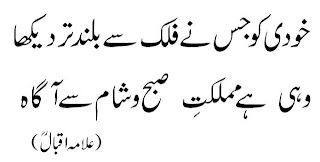This blog provides you wallpapers Christmas corner diffrent Mehndi Designs and styles diffrent Wallpapers and much more
Friday, 30 November 2012
Tumhari Baat Lambi - Urdu Poetry of Ahmed Nadeem Qasmi
Aay Ishq Bas Jan - Urdu Poetry of Ahmed Faraz
Thursday, 29 November 2012
Wednesday, 28 November 2012
Tuesday, 27 November 2012
Wednesday, 21 November 2012
Subscribe to:
Comments (Atom)




































.jpg)